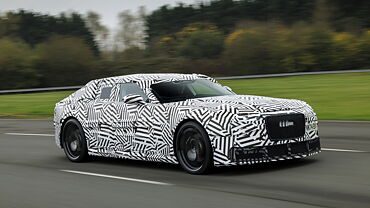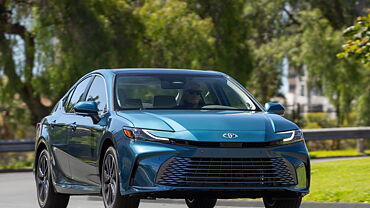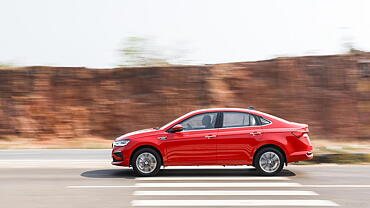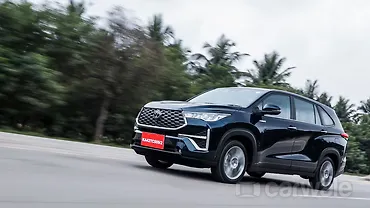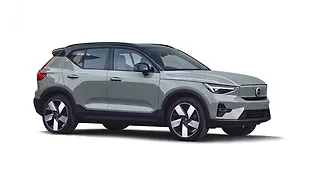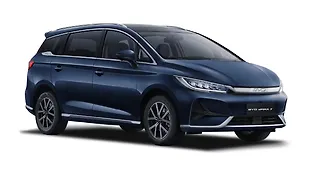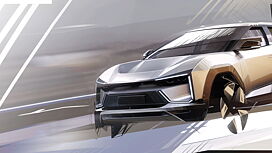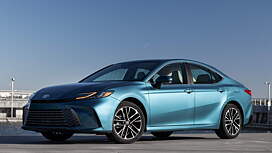
Oil minister S Jaipal Reddy has proposed a 'Special Tax' on diesel cars to help recover at least part of the deficit in the oil import bill. The theory behind this proposal is rational: he says that the diesel subsidy isn't for those who can afford a motor vehicle, it is directed towards the agricultural sector. According to oil ministry estimates, around 15 per cent of diesel fuel is consumed by passenger cars and SUVs.
Here's the shocking part, however: the proposed tax adds Rs 1.7 lakh to the price tag of a small diesel car, and Rs 2.5 lakh to bigger cars and SUVs. The rationale is the calculation of fuel efficiency and usage over a period of ten years, which is considered the life of the vehicle, and it is compared to the costs of running a petrol car for the same distance and time. The difference is that the diesel car owner pays a lump sum, and the petrol car owner pays every time he tanks up.
The auto manufacturers are understandably against it, because they feel it will make an already slow market even slower. Mahindra has put off plans for investment in a new plant until this issue is resolved. The issue is at the moment still under consideration, and no verdict is out yet.
The proposal does make sense on one level, but there are a few points that stand out: a diesel passenger car that is used as a commercial vehicle will cover that calculated distance in a fraction of the considered ten years, beyond which it is reaping the benefits of the subsidy anyway. Also, Rs 1.7 lakh on a small diesel car that costs from Rs 5-7 lakh is a significant percentage, whereas Rs 2.5 lakh on a permium diesel car or SUV, which range from Rs 25 lakh onwards, is a much smaller percentage. Maybe if the government linked the tax to the price of the car as a percentage, and the number of kilometres it covers (which can be verified during the proposed three-year inspection for extension of the registration of new vehicles) then the tax would be fairer. Increasing the price of diesel by a few rupees will also have a much bigger effect on the recovery of subsidies, as that will earn more revenue the larger 85 per cent of diesel consumers as well. However, that is a politically incorrect move, so the ruling party seems to be unable to do that.
Whichever way the government rules, the choice of making a car purchase looks likely to become much tougher in the near future.
